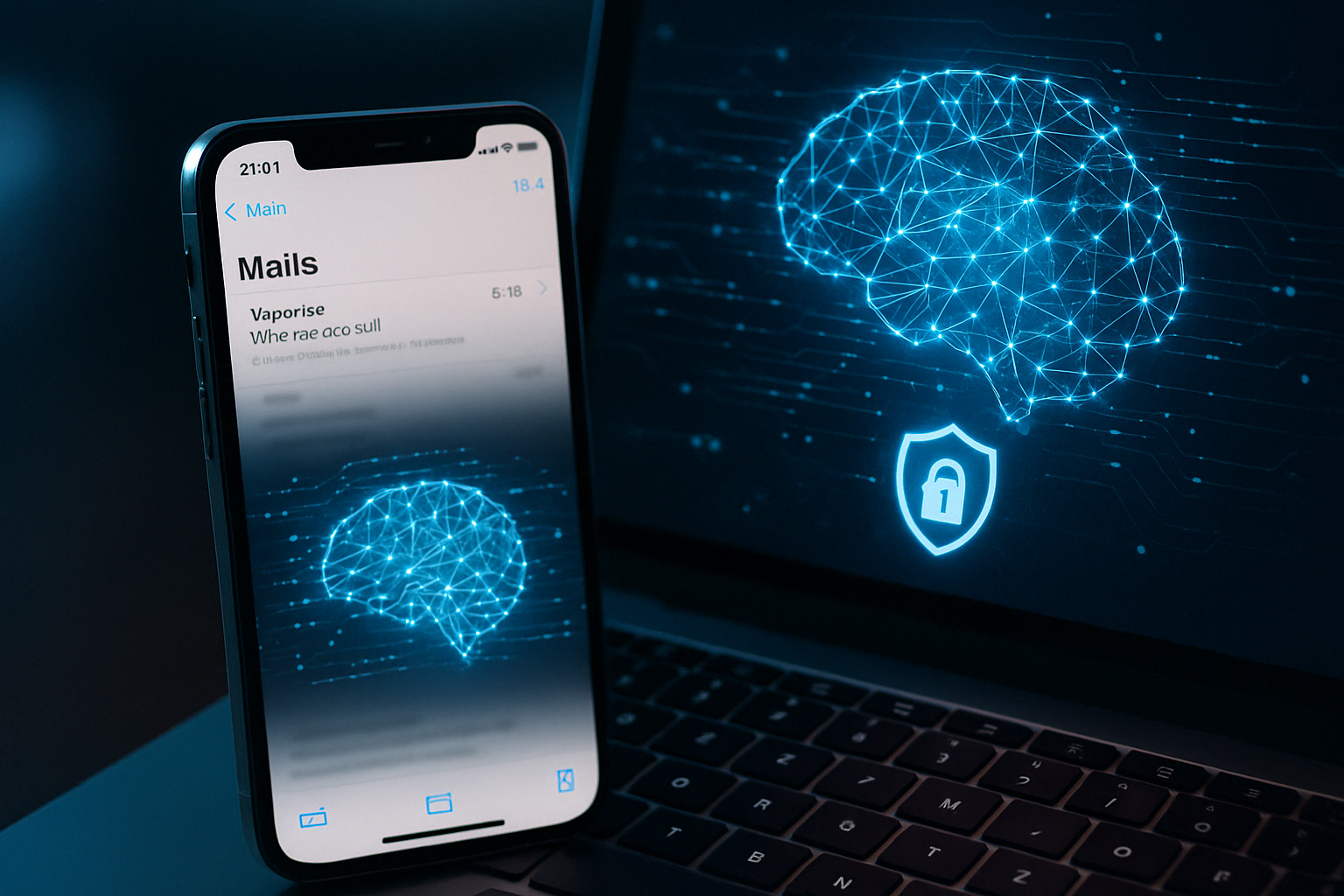Apple Enhances AI with Privacy-Safe Techniques in 2025 Update

Apple is shaking things up in the AI world by introducing new techniques for enhancing AI capabilities while keeping user privacy intact. With recent challenges—like delayed Siri updates and underwhelming image generation—Apple’s approach is a game-changer. They’re utilizing something called Differential Privacy to understand user behavior without compromising privacy. Now, isn’t that intriguing?
Tackling AI Challenges with a Twist
Apple has faced some hiccups lately, especially with its AI services. You might’ve noticed Siri lagging behind competitors or found the image generation features a bit lackluster. But Apple has a plan—and it involves balancing their strict privacy policies with advanced AI training. The solution? Differential Privacy. This novel approach allows Apple to collect and analyze usage data without linking it back to individual users. It’s like getting the best of both worlds: smarter AI and peace of mind.
Understanding Differential Privacy
So, what’s the deal with Differential Privacy? Essentially, it’s a smart way of gathering insights from users without compromising their anonymity. Here’s how it works: when Apple collects data, it strips away any identifying information, like your device ID or IP address. Then, it adds a bit of “noise” or randomness to the data. This means even if someone tried, they couldn’t trace the data back to you. Cool, right?
This technique is already being used to improve features like QuickType suggestions and emoji recommendations. Apple generates synthetic text based on common prompts and uses these privacy techniques to determine which options users prefer. Whether it’s figuring out popular emoji choices or frequently used autocorrect suggestions, Apple’s got it covered.
Privacy-Preserving AI in Action
You might be wondering, how will this affect AI features like Genmoji? Well, techniques like these are being rolled out to improve not just Genmoji but also other AI capabilities like Image Generation, Image Wand, Memories Creation, Writing Tools, and Visual Intelligence. Apple’s upcoming updates, notably in iOS 18.5, iPadOS 18.5, and macOS 18.5, will integrate these improvements.
It’s a process that takes time—weeks or even months of data collection and retraining—but the result will be AI that feels personal while staying private. So, while you might not see immediate changes, know that Apple’s working behind the scenes to make your experience better.
Why It Matters
In an age where data privacy is a hot topic, Apple’s commitment to protecting user privacy is commendable. Many tech companies collect vast amounts of personal data to train their AI models. But Apple’s approach ensures they don’t compromise on user trust. It’s like having your cake and eating it too—AI that’s both intelligent and respectful of your privacy.
It’s also worth noting that Apple’s methods are opt-in, meaning they don’t collect this data unless you’ve agreed to share your device analytics. This transparency is a breath of fresh air, especially when data breaches and privacy concerns are making headlines.
Looking Ahead
What’s next for Apple and its AI developments? As they continue refining these privacy-focused techniques, we can expect even more personalized and intuitive features. Imagine an AI that understands your preferences without needing to know every detail about you. That’s where Apple’s headed.
So, next time you’re using Siri or selecting an emoji, remember there’s a complex system working hard to deliver an experience that’s both smart and secure. Apple’s commitment to innovation, paired with its dedication to privacy, sets a new standard in the tech industry—one that others might soon follow.
In the grand scheme of things, Apple’s efforts could redefine how AI interacts with user data. It’s a bold move, but honestly, when has Apple ever shied away from doing things differently?






